>>
By the end of 2018 and the beginning of 2019, the entire commune had 207.07 hectares of fruit trees, of which 94 hectares were in production, 91.07 hectares were under basic construction, and 22 hectares were under care. The movement to plant citrus trees further developed when Tran Yen district issued a specialized resolution on the fruit tree planting program.
Alongside this, the commune planned and developed concentrated production areas, encouraging the conversion of inefficient crops to fruit trees with various incentive and support mechanisms and policies, from technical assistance to seeds, capital, and fertilizers. It was thought that the Hung Thinh orange brand would flourish; the commune even had a cooperative that both cultivated the oranges and provided technical guidance and advice to the farmers. On average, the annual income from fruit trees for the people in the commune reached over 20 billion VND.
Thanks to fruit trees, hundreds of households in the commune have a prosperous life. Many households with large orange orchards have built spacious houses and bought cars worth billions of dong. During the golden age, in late autumn and early winter, oranges and tangerines ripen golden on the hillsides; motorbikes and cars come to collect them, and along the national highway, people set up stalls to sell them, attracting tourists who stop to buy and sell in a lively atmosphere. Especially when spring arrives, the fragrant scent of oranges, pomelos, and lemons fills the entire countryside…
Sadly, those images are now a thing of the past. After around 2020, many thriving orange orchards in Hung Thinh suddenly experienced leaf drop, fruit wilting, and gradual death. The disease and subsequent death of orange trees became widespread throughout the villages of Yen Binh, Yen Dinh, and others. Orange growers, heartbroken by their losses, focused on caring for their trees, applying manure and chemical fertilizers, spraying pesticides and fungicides, and searching for remedies. They even went to the Van Chan orange-growing region, such as Tran Phu Agricultural Town, Thuong Bang La, Nghia Tam, to inquire, and some even traveled to Cao Phong, Hoa Binh to learn. Unfortunately, the only response they received was a general statement: "Yellow leaf disease, root rot, the cause is unknown, and there is no cure."
The Hung Thinh fruit-growing region is gradually declining. In particular, varieties such as Canh oranges, Sanh oranges, Sen oranges, and Duong Canh oranges have almost completely disappeared. The once large orange orchards now only have a few scattered trees left. Farmers are no longer enthusiastic about caring for their trees, fertilizing, weeding, or spraying pesticides; only lemons and pomelos, especially the green-skinned, Dien, Dai Minh, and Doan Hung varieties, remain healthy. However, the selling price is low because the area is too large, the production is too high, and supply has exceeded demand. As a result, many households are abandoning their orchards, leaving the ripe fruit, both large and small, to fall around the base of the trees and roll down the hillside.
Mr. Pham Van Thuy, from Yen Binh village, was a diligent farmer and one of the first to own an orange orchard spanning several hectares in 2013 and 2014. After the initial planting cycle, just as the oranges were about to be harvested, yellow leaf disease and root rot struck. Tree after tree died one by one. Like many others in the village and commune, he tirelessly sought knowledge, taking diseased trees to scientists at major research institutes; drawing on the experiences of others and applying every method possible, but the insidious disease could not be stopped.
He sighed, "If we could save them, the people wouldn't be suffering like this; so much effort and money went into it." Then, Mr. Thuy took me to visit his orchard, which used to be a thriving orange grove, selling to countless customers and welcoming many tourists… now replaced with cinnamon, apples, and persimmons. Only a few evergreen lemon trees remain, but they are only given minimal care because last year's selling price was only 12,000 dong/kg.
I miss the scent of Hung Thinh oranges so much! I exclaimed, sharing my feelings with Mr. Thuy and the people of Hung Thinh. Perhaps our people have been planting them haphazardly, following a trend, seeing something and then rushing to plant them? Perhaps they have overused fertilizers, especially chemical fertilizers and manure that hasn't been properly composted or processed? All of this is just speculation, because many localities have invited experts and scientists to the orange orchards for intensive research, but the conclusions are either unclear or vague, still only focusing on yellowing leaves and root rot. All the advice and guidance on prevention and control have been inconsistent, yet… no effective results have been seen.
Le Phien
Source: https://baoyenbai.com.vn/12/349266/Thuong-nho-huong-cam-Hung-Thinh.aspx





![[Photo] General Secretary To Lam working with the Central Inspection Committee](https://vphoto.vietnam.vn/thumb/1200x675/vietnam/resource/IMAGE/2026/03/05/1772718314670_a1-bnd-8682-5192-jpg.webp)


![[Photo] Prime Minister Pham Minh Chinh receives the Minister of Emergency Situations of the Russian Federation.](https://vphoto.vietnam.vn/thumb/1200x675/vietnam/resource/IMAGE/2026/03/05/1772712011395_ndo_br_thiet-ke-chua-co-ten-76-png.webp)















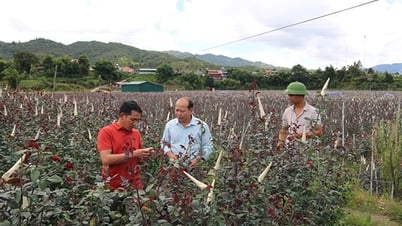


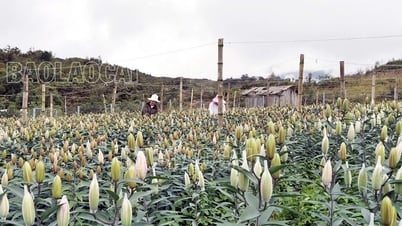
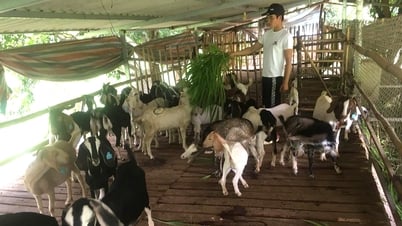
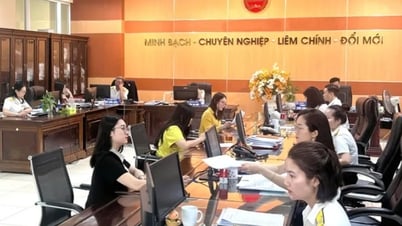









































































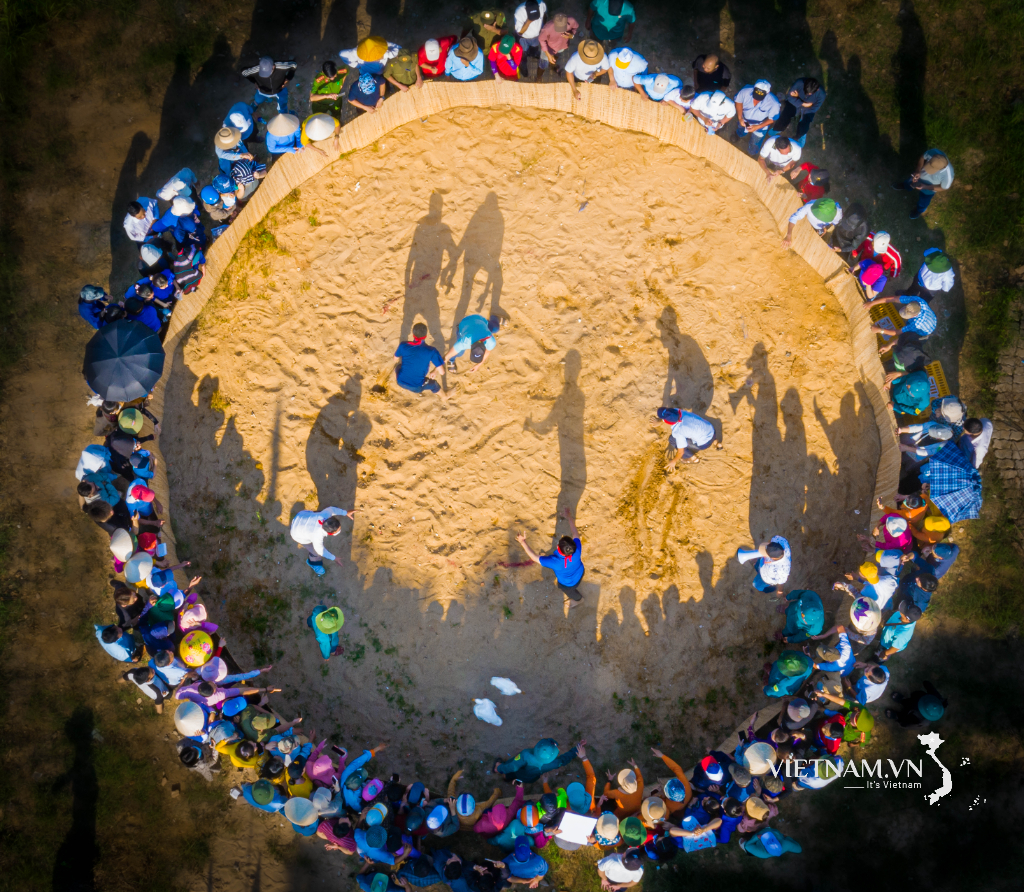

Comment (0)